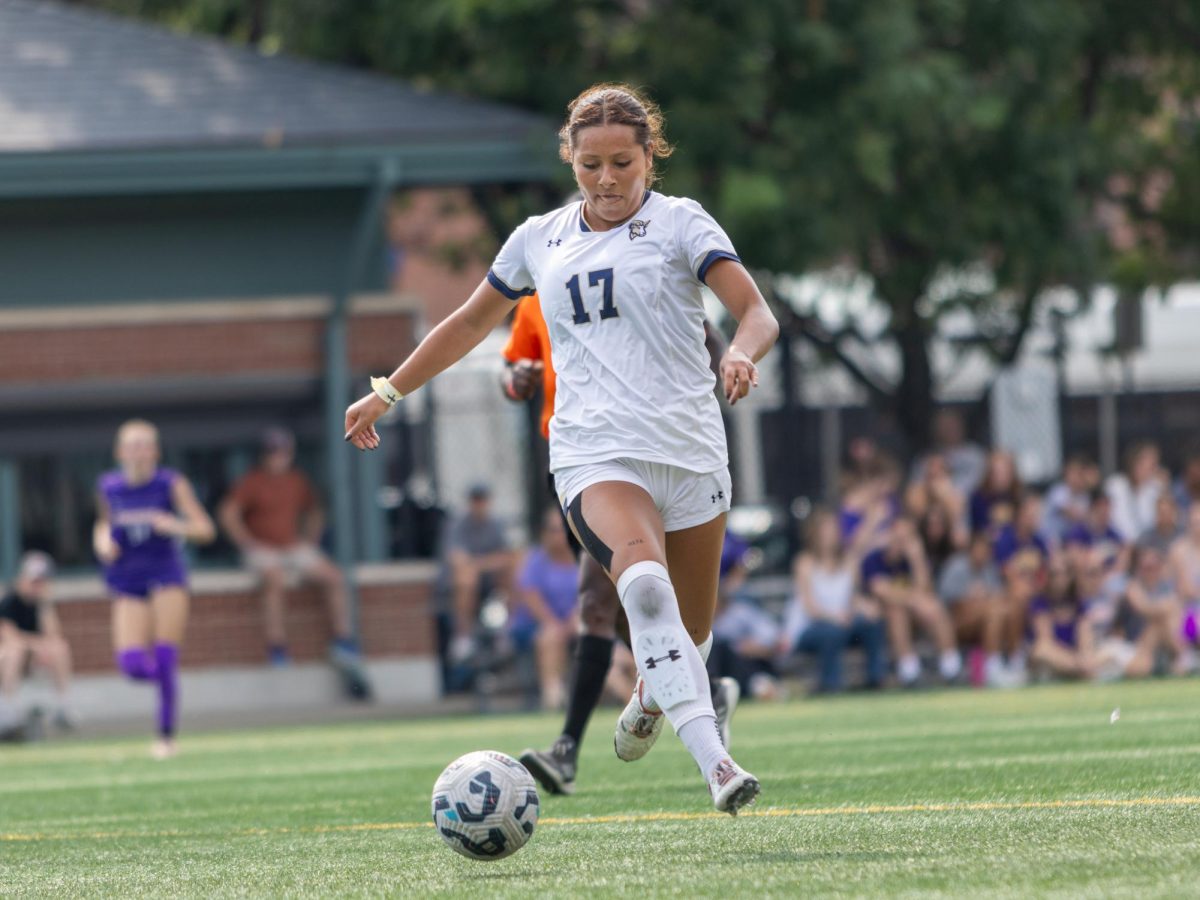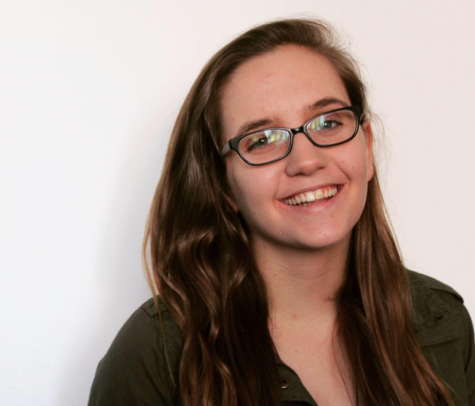On Thursday, tensions between SLI and the clubs included in Diversity and Inclusion Council became public as the “Report of Diverse Student Organizations’ Relationship with Student Leadership and Involvement: Key Issues and Resolutions” was announced, written by the clubs to become a bridge between the Student Leadership Involvement (SLI) office and student organizations.
The report included a collection of grievances that the affinity groups have had with SLI including the department moving clubs belongings around, not regulating times that their belongings are available, as well as recommendations on how to fix the damages that the clubs feel SLI have had a hand in causing. The report includes an appendix featuring personal accounts of issues written by club presidents from across SLI’s affinity groups.
A resolution that calls for Suffolk’s Student Government Association (SGA) to sponsor and support the issues and recommendations outlined in the report will soon be brought to a vote in SGA, according to SGA diversity and inclusion committee-Chair Lukas Phipps.
During the SGA general meeting on Thursday, Phipps introduced the report to all of SGA.
“I would like to bring attention to the SGA that Student Leadership and Involvement was sent a letter from different clubs connected with the Center for Student Diversity and Inclusion (CSDI) in bringing to light some issues related to communication, transparency of and enforcement of the rules,” said Phipps to the SGA population.
Phipps’s statement echoed the sentiments made by five different club leaders who wanted to address their grievances with SLI.
“I would like to thank Dave [SGA’s Advisor] for reaching out to them, and just know that I intend on passing a resolution endorsing and echoing the sentiments made by clubs in this letter,” said Phipps to those attending the meeting.
One of the issues listed in the report concerned an email sent to student organizations by SLI last semester that instructed them to pack up and label their belongings. According to the email, “SLI may be moving things around, and we don’t want to lose or throw away your stuff.”
For the club presidents who spoke out, this email was not sufficient enough for the movement of club items that occurred over the summer. President of Black Student Union (BSU), Leah Grannum, spoke to The Suffolk Journal on how BSU has been impacted by the storage change.
“There was no transparency with being told where things would be stored, how things would be stored, if things were going to be thrown away,” said Grannum in an interview with The Journal. “We did have some issues with our poster and our suggestion box that went missing and to this day I have no idea where that is or how it went missing. I just don’t know if something did get thrown out and how important that could have been to our club.”
Grannum also spoke on the way the club’s items were moved and how they received little to no warning, or time to properly deal with the items themselves. Grannum suggested having a meeting with the students to discuss what the plan was for clubs items before summer break.
“Have a meeting with all the clubs and address how to fix it, not do it when we are all gone in the summer and we can’t say anything about it,” said Grannum. “I am not saying they did it on purpose, but I do think there was intention behind that where we weren’t told what was happening because maybe they thought they would get push back.”
“There was obviously going to be push back for a reason,” said Grannum. “We all put time and effort into the [supplies] that we do own and obviously we would feel some type of claim to those things.”
These concerns were echoed by other club leaders who had a similar experience when SLI did the storage move and were equally disappointed by how the office moved things without students knowing where. Brandon Wong, president of Asian American Association, also voiced his concerns in the report.
“I did not like the implementation of how [SLI] were going to do it. We didn’t get a notification saying that they were going to move our stuff, rather anything that wasn’t really labeled for clubs they would toss or put away,” said Wong in an interview with The Journal. “They sent an email last May saying they were going to move stuff around, but I thought they were going to move stuff in that room, not on the floor.”
In order to address these issues, the Diversity and Inclusion Council, which is meant to support affinity groups at Suffolk and is run by the Diversity Peer Educators (DPE) out of CSDI, drafted the report to present succinctly to SLI.
One of the DPE’s involved, senior biology major Jess Lorenzana, hopes the report will provide solutions to the issues with SLI that has been prevalent all semester and create a sense of cooperation between SLI and the student groups.
“This started as a letter but became a formal report so we can find a way to find a conclusion to these issues,” said Lorenzana in an interview with The Journal. “Our voice hasn’t been taken as seriously as it should and we have been left in the dark on certain issues with not enough communication on different aspects of our clubs and on policies.”
Some student leaders voiced their opinions about how SLI could have better utilized the space that has been allocated to other groups. This has increased tensions as SLI has not used the solutions that students see as being an easier transition.
“What they should have done was put everything in what was the office for Greek Life [on the third floor], where it wouldn’t have been a problem,” said Wong. “Now we have to ask the SLI student worker every single time to unlock the door which I think is a hassle. I think they could utilize that old Greek office space more efficiently.”
Lorenzana said enhanced communication between SLI and student organizations is essential.
“My ultimate goal is direct dialogue,” said Lorenzana. “With direct dialogue of the people in charge of SLI and students, there is more genuine effort to solve these issues.”
Representatives of SLI will meet with student leaders about the issues in the coming weeks.
Dean Dave Deangelis, director of SLI, hopes this meeting will be the beginning of SLI and student groups working together.
“I think it’s great when students want to engage in a critical conversation about some issues that they are having. That allows us an opportunity to work with them to finding remedies,” said Deangelis in an interview with The Journal.
Deangelis hopes a new relationship will develop between SLI and student organizations. Specifically, one that can work to maintain and improve the experiences of student leaders in the university.
“I want students to have a good involvement experience, to have a rewarding and enjoyable leadership opportunity that they are in their positions,” said Deangelis. “So whatever we can do to make that a better experience, or improve some services or anything, that is what we need to do.”
Overall, the student leaders are viewing the experience as a learning curve; one that can help make the connection stronger both as student leaders and together as clubs.
“Communication is key and for future [club] presidents,” said Wong. “[To future club presidents], integrate yourself with other presidents, build that connection in between clubs,” said Wong.



















